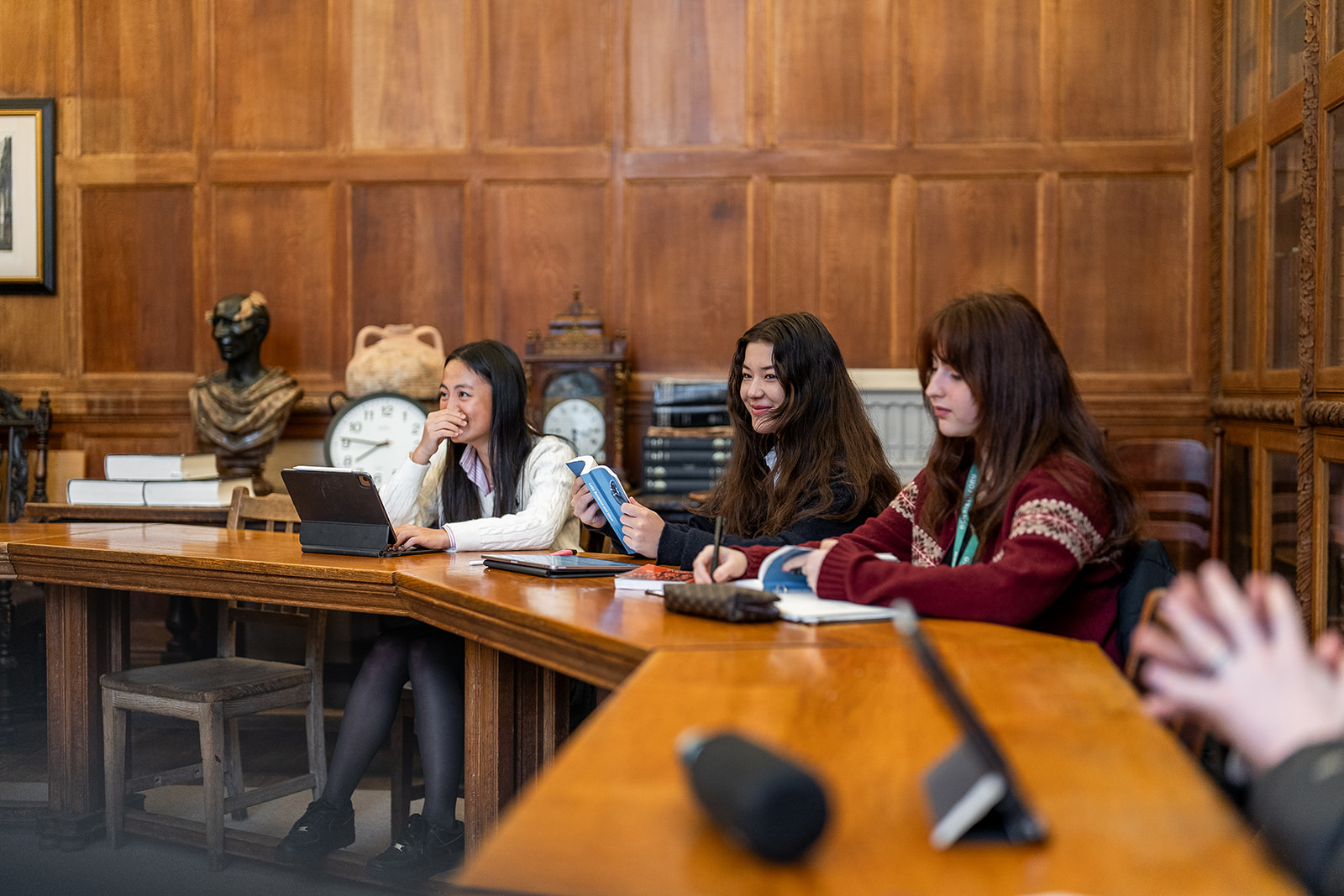All pupils study Latin in the Fifth Form (Year 9). We set pupils according to their previous experience, with the aim that, at the end of the year, every pupil should be in a strong position to carry on towards GCSE if they so wish. Alongside our in-house language materials, all sets study various topics of ancient Roman history and literature.
The School offers the Latin GCSE, which consists of language and literature components (50% each). For their verse set text, pupils have the opportunity to read an extract from Virgil’s hugely influential epic the Aeneid in Latin; they also read a fascinating prose author such as Tacitus, the great narrative historian of the famous early emperors, or Apuleius, the picaresque novelist of the bawdy and bizarre.
Each year in the Lower and Upper Shell (Years 10 and 11) some pupils study ‘Combined Classics’. It is an intense course, essentially involving study for both the Latin and the Greek GCSEs in a reduced amount of lesson time. Other pupils study for the Latin and Greek GCSEs separately, using the normal amount of lesson time for each.

